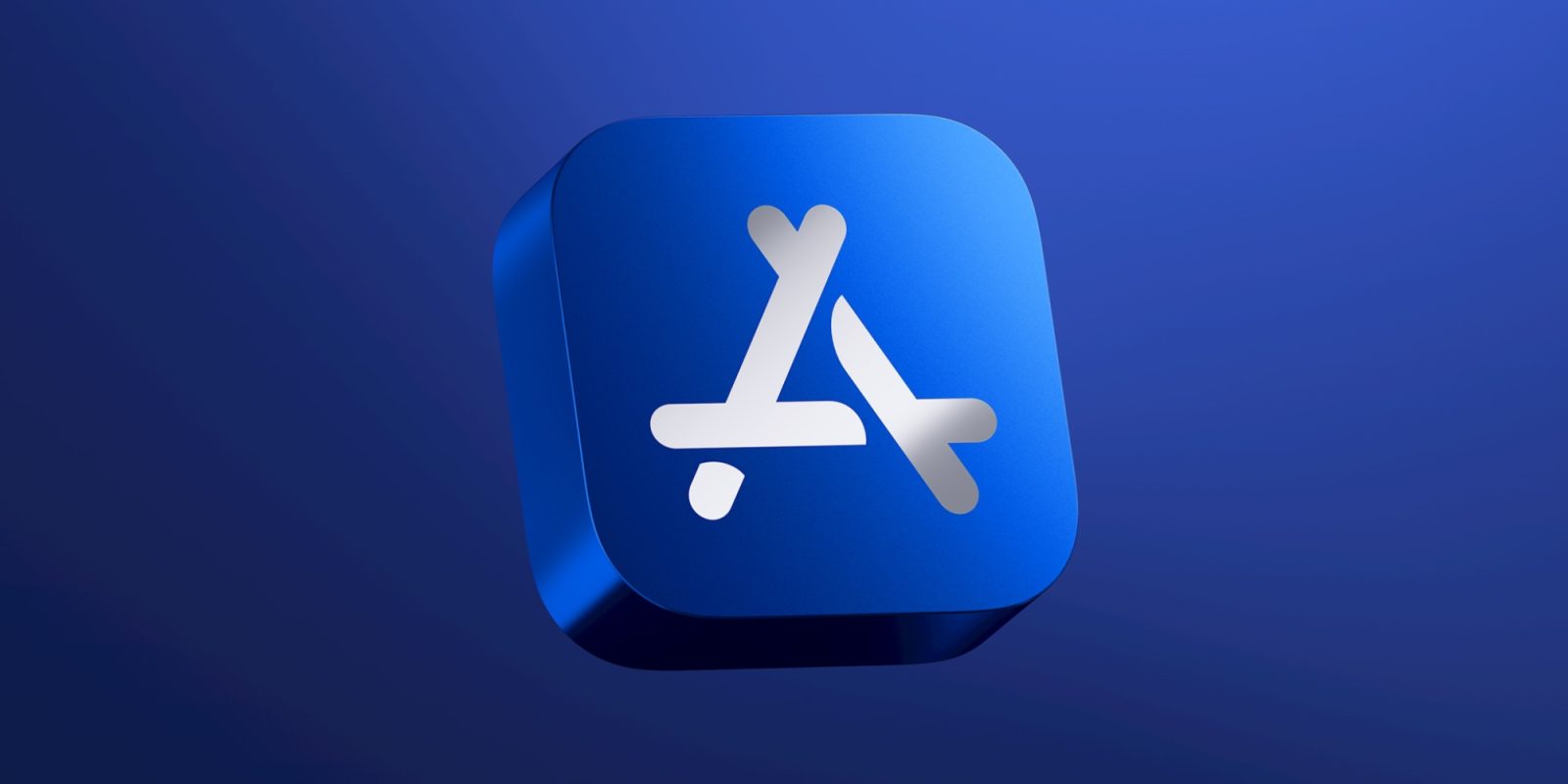
Last week, Apple announced changes to its compliance strategy with the European Union’s Digital Markets Act. These changes apply to apps that link to a website and include a new fee structure revolving around the initial acquisition fee and the store services fee.
As it turns out, Apple’s changes to its EU linking policies are quite similar to Google’s Play Store policies in the EU – but with a few key differences. Here’s how the two policies compare.
Apple’s initial acquisition fee vs. Google’s initial acquisition fee
For apps that link to external websites in the European Union, both Apple and Google charge a so-called initial acquisition fee.
- Google’s initial acquisition fee: 10% for in-app purchases, dropping to 5% for subscriptions after two years.
- Apple’s initial acquisition fee: A flat fee of 5%.
In addition to the differences between the fees themselves, there are also differences between Apple and Google in terms of the allocation period within which the initial acquisition fee for an application is charged:
- Apple’s initial acquisition fee: This fee applies for the first 12 months after the first download of the app with the Link-Out authorization.
- Google’s initial acquisition fee: This fee is valid for 24 months from the time a user completes the first external transaction.
Apple’s Store Service Fee vs. Google’s Ongoing Service Fee
In addition, both Apple and Google charge a separate fee, which Apple calls the “Store Services Fee” and Google calls the “Ongoing Services Fee.”
- Ongoing service fee from Google: 17% for in-app purchases or 7% for auto-renewing subscriptions.
- Apple Store Services Fee (under EU Alternative Terms): 10%
- Reduced to 5% for App Store Small Business Program members.
- 5% discount when renewing a subscription after one year.
- The Core Technology Fee also still applies. Apple says that 99% of developers will not pay the CTF.
- Apple Store Services Fee (within the App Store as per the Terms and Conditions): 20%
- Reduced to 7% for App Store Small Business Program members.
- If you renew your subscription after one year, the discount will be reduced to 7%.
- No core technology fee
Google and Apple also have different policies regarding how their respective fees work for ongoing services and store services after the first year.
- Ongoing service fee from Google: After two years, a developer can stop providing ongoing services for their app, but the user must consent to this termination of services.
- Apple Store Services Fee: This fee is charged over a fixed period of 12 months from the date of installation, update or reinstallation of an app.
For Apple, this means that developers will no longer be charged the Store Services Fee if a user deletes an app, moves to a different app marketplace, or stops receiving updates. Google, on the other hand, will charge its Ongoing Services Fee for two years before developers can decide to discontinue services. But again, the developer will have to get the user’s consent before this takes effect.
9to5Mac’s opinion
It will be interesting to see how the European Commission reacts to Apple’s recent changes in the EU, as Google and Apple’s terms are more similar than ever. Given the similarities between Google and Apple’s policies on external links, I also question the motives of those who have spoken out against Apple’s policies but not Google’s.
Keeping all these numbers in mind, the highest fee a Google Play Store developer would pay for external links is 27%. For comparison, the highest fee an App Store developer would pay to Apple would be 25%.
The Core Technology Fee applies to App Store developers in the European Union who have opted into the new terms and conditions – a step that is not required to take advantage of the new external linking policy. The Core Technology Fee is €0.50 per annual install for apps that are so popular that they sell more than one million units per year. Apple says 99% of App Store developers will not pay this fee.
This also underlines that Apple obviously attempt more priority than Google: the impact on small business developers. Apple offers a number of waivers to developers in the App Store Small Business Program that help reduce fees for the majority of developers. Google’s External Offerings policies do not provide for these waivers.
However, there is no denying that the DMA and the responses from Google, Apple and the European Commission have resulted in a confusing matrix of options for developers in the European Union. Apple (unlike Google) offers a helpful fee calculator on its website for developers trying to adapt to the ever-changing EU guidelines.
I can’t help but imagine a world where this isn’t a game of cat and mouse between all three parties. Nor can I help but question the motives of all three parties involved.
FTC: We use income generating auto affiliate links. More.

